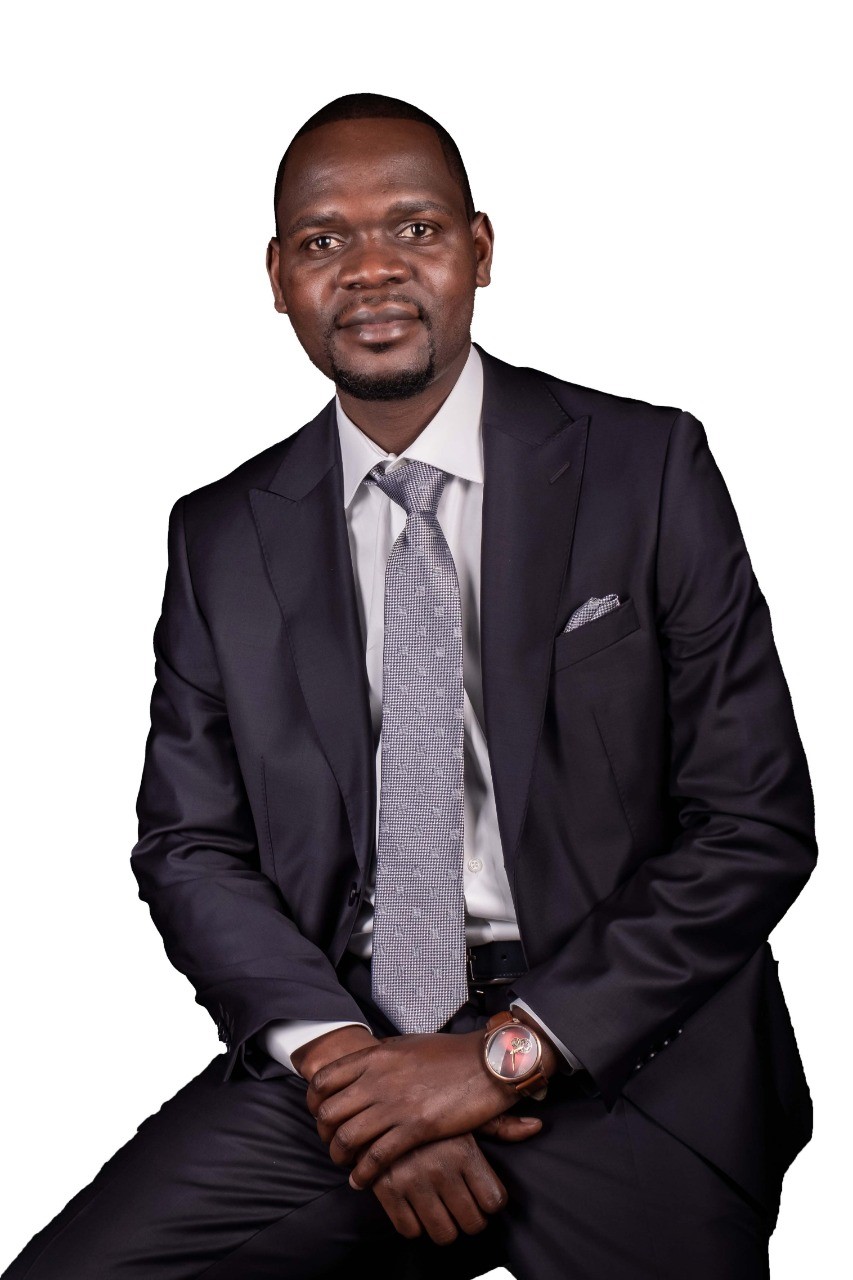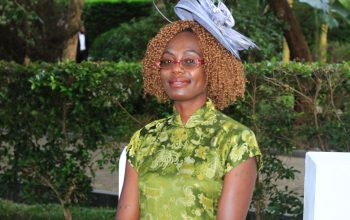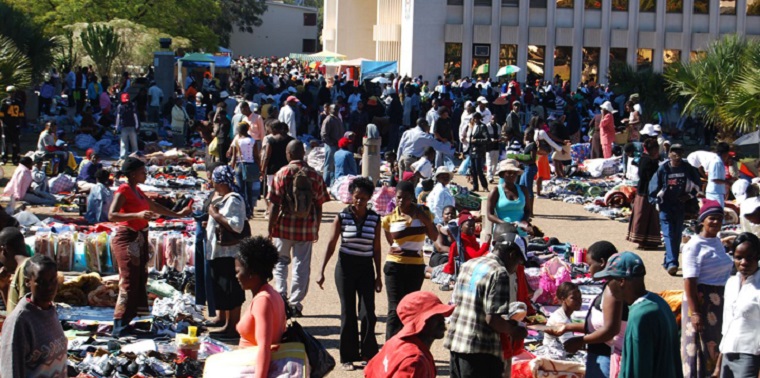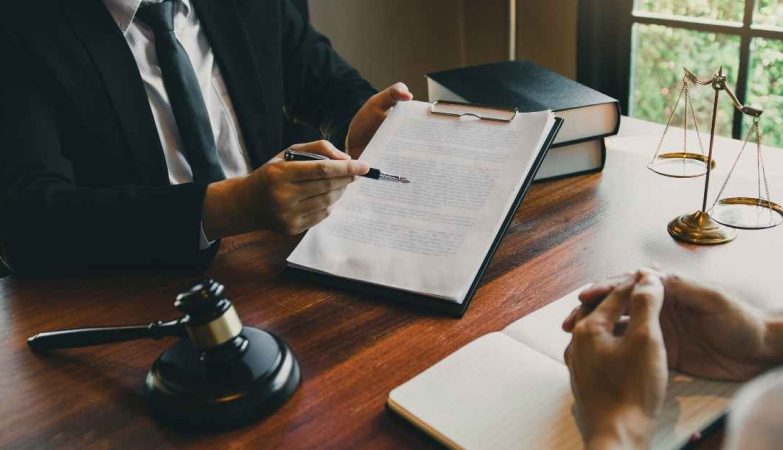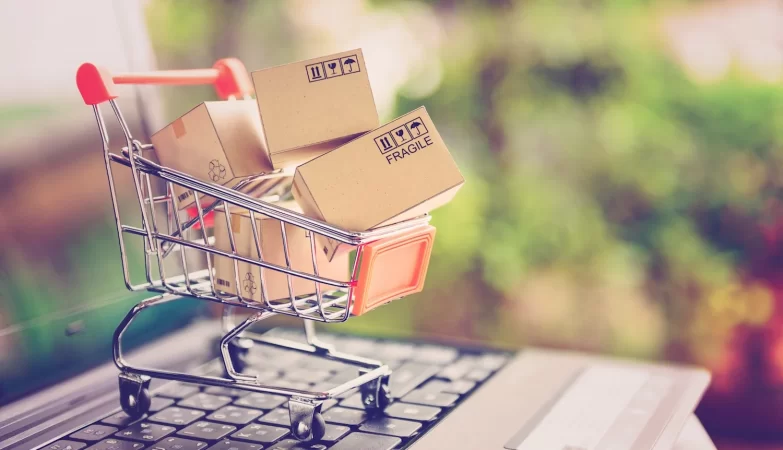By Caroline Chiimba
GEEKAY Recycling has introduced its first recyclable trash bank in Zimbabwe as an initiative that is targeted to help the unemployed youth and women in the communities of Zimbabwe.

The Geekay Trash Bank is the first of its kind and it is a social enterprise bank in Zimbabwe, where deposits are made in recyclable ‘trash’ and withdrawals are made in cash or payment of different service like Funeral Policies, Airtime, Data, Zesa Tokens, LPG and Medical Aid payments.
The company which is an accredited member of the Environmental Management Agency has three branches in Zimbabwe and one in South Africa.
“Our goal is to maximize the extraction of recyclables from house to house, waste stream and reduce the waste landfill and address the land fill crisis in Zimbabwe. To achieve this, we focus on waste minimization and separation at source through our introduction of the Trash Bank which is the first of its kind in Zimbabwe,” Geekay Recycling company founder and CEO, Gift Komboni told The Entrepreneurial Magazine.
“We are currently in Harare, Mutare and Bulawayo and plans are underway to open branches in other small towns. We sale our processed material to both local and export market (South Africa). The initiative shall create more than 100 job opportunites only for manicaland. We shall also procure further processing plant for Polyethylene Terephthalate bottles, High Density Polyethylene, Polypropylene and Cardboad boxes in Mutare.
“Our Trash Bank shall significantly cover every part of the country thereby becoming a transactional banking facility where you deposit trash and get cash or pay for various services.
Komboni added that through the Trash Bank, people have the opportunity to earn direct cash incentives in their green Bank Accounts. The Bank accounts are divided into two, the first one being the eTrash2Life -Domestic and the other one being eTrash4Cash
“The eTrash2life -Domestic is specifically targeted at the domestic markets and for those suppliers who have insurance policies, medical aid and school fees to take care of. Then the eTrash4Cash is the traditional package where a supplier wants his or her money loaded into their Trash Green Card so they purchase goods and services,” Komboni said.
“People can pay for the following services using trash: airtime, data and ZESA electricity Tokens.
The enterprising company which was founded in 2017 has so far managed to partner with EMA to train women in various locations on how they make money from trash, partnered with supermarkets and restaurants through onsite waste management model, invested into bailing machines and collection trucks, partnered with insurance companies, partnered with a bank so as to get trash bank accounts for our household suppliers, and to also work with City Council.
“We will be working with women in different locations, as our Environment Ambassadors they will be supplying us with the trash and we will be giving them money to buy trash on a daily basis. We have arranged with EMA to train them and ensure compliance with all the regulators. These women will be earning an income from our franchisee model,” Komboni further explained.
“The difference between us and other recycling companies is that we don’t just buy from the dump sites but we capture the recyclables before they get to the dump. We want to assist the local authority by reducing transport cost of the recyclables to the dump sites.
“We have noted with concern how illegal waste dumpsites have been mushrooming in and around various locations thereby causing health hazards to our people. We believe by working together with communities we will add value to their livelihoods and we will also give them an opportunity to take care of their household needs using recyclables which they would have generated from their houses.
Narrating how the idea came about, the 38-year-old father of three said he was motivated by wanting to digitalise, formalise and create opportunities for women and youth throughout the country, adding that it took more than 2 years to perfect the model because he wanted to be sure and also attract the right strategic partners.
“I wanted to come up with an easy way of converting the household generated recyclable trash into cash or payment for different services like airtime, data, medical aid, insurance and electricity tokens,” he said.
“Currently we are also engaging LPG retailers so that our people can also buy gas using trash. The trash business is a solution to various health and environment problems facing our country. It is my desire to see every household being able to utilise our trash banks in all locations thereby creating a clean environment, but also getting incentives in the form of money.
“I know that every household has a bank account so the initiative becomes easier to understand. The only difference with the traditional banks is that there has to be money deposited into your account for you to be able to withdraw money whereas with our trash bank deposits are made in trash and withdrawals in cash or payment of services.”
Komboni’s entrepreneurial journey started in 2014 with is Solar design and installation company called Green Solar Systems. Due to economic problems he then relocated to South Africa in 2015 January where he started a company called Masters Supply Chain which was into LPG Bulk supplies to South Africa, Zambia and Zimbabwe.
By then he was supplying five of the current big LPG wholesale companies in Zimbabwe. He was the Managing Director for this company until end of year 2018. In 2017 he took over a company that was into Mining and Industrial Supplies and logistics through Masters Supply Chain. He also assumed the position of Managing Director.
“We had a challenge in 2018 due to inadequate foreign currency in Zimbabwe. Most of our clients began to delay payments and that affected our business. While this was happening in 2017 I had already started the recycling business in Harare as a way to generate our own forex through exporting the recycled material to South Africa,” Komboni said.
“In 2019 I then decided to go to come back to Zimbabwe fulltime and establish an LPG retail operation in Bulawayo and Gweru. I started renting facilities from one Wholesaler both retail outlets and the wholesale plant until the end of the lease agreement in 2020.
“When I started my entrepreneurship journey, I thought it was going to be all rose. The first challenge was excitement; I was just excited that I now own a business of my own. In the process I made so many mistakes, the first mistake was making unrealistic projections and I started adjusting my lifestyle to suite the projections and never planned for rain days. However, that taught me a good lesson to be able to plan and manage financial resources efficiently. I also realised that as a business person you need to create various revenue streams and you shouldn’t focus only on one market.”
Komboni advised aspiring business people that God should be the major shareholder in their business, and to also have a clear vision of what they want to do in life, cautioning them not to mistaken dealers and business people.
“Come up with a unique product, that way your business will live for a long time. Don’t get discouraged by cash flow problems rather challenge the problem by not giving up. One thing for sure you shall meet negative and selfish people in your journey never ever let whatever they say affect your appetite to achieve your goals. Be bold and strong and focus on your goals ignore people who don’t add value in your life. Keep on listening and reading stories of other successful entrepreneurs,” he added.
Komboni is a holder of MSC in Supply Chain management and has two executive Diplomas in General Management and Procurement and Logistics.

